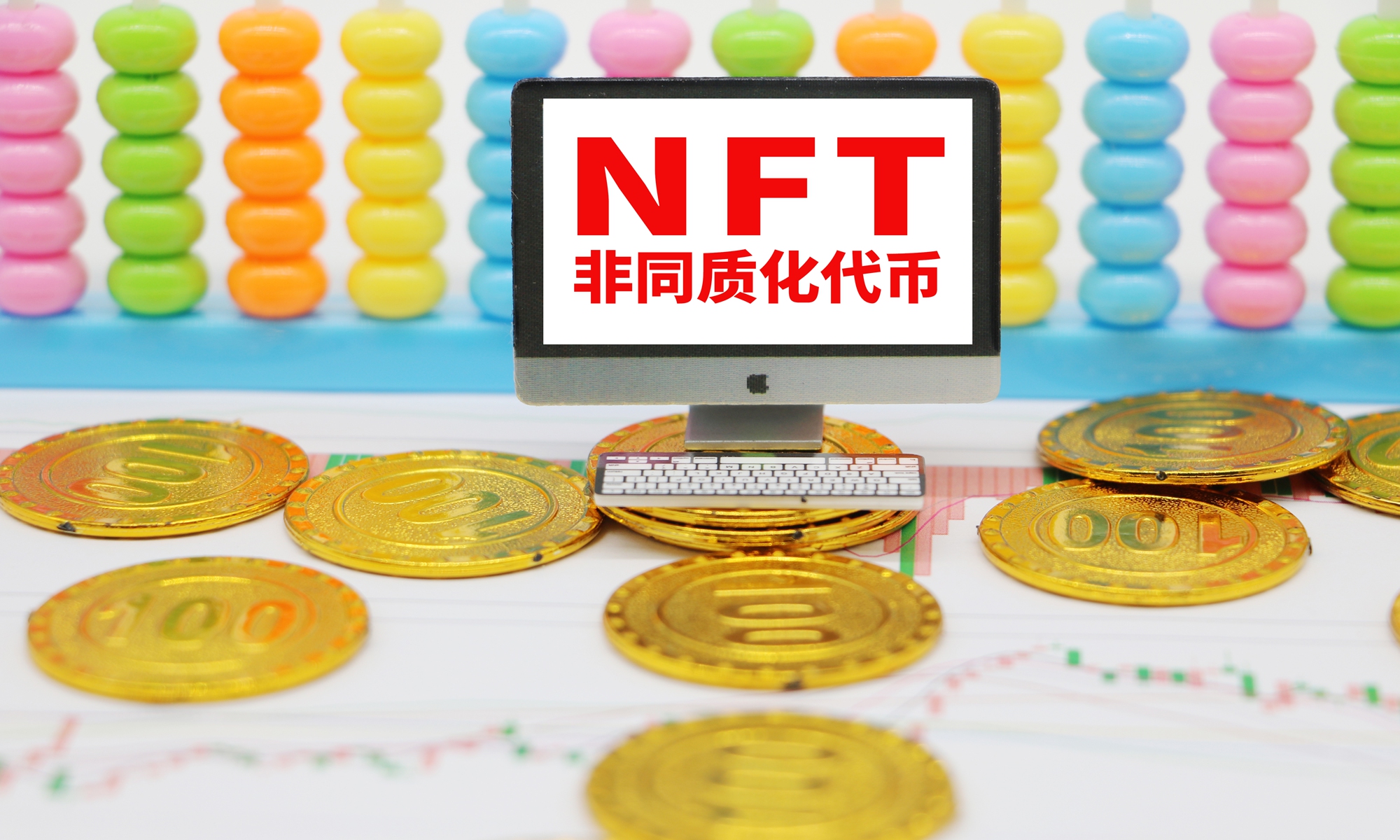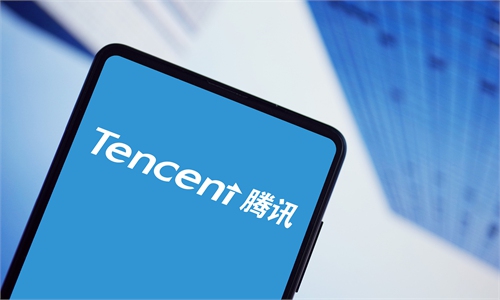
NFT Photo: VCG
Industry associations issued an initiative on Wednesday urging member companies to control financial activities involving blockchain-based non-fungible tokens (NFTs). They also called on companies not to conduct initial coin offerings (ICOs) in a disguised way or use crypto currency such as Bitcoin, Ethereum and USTD as payment tools.
The National Internet Finance Association of China, the China Banking Association and the Securities Association of China said the initiative aims to strictly fend off the risks of speculation, money laundering and other illegal financial activities, as NFT investment has gained popularity in China in recent months.
The initiative stressed a "bottom line" approach, which involves not including precious metals and financial assets such as securities, insurance or credit in NFT commodities, and not engaging in illegally setting up exchanges for NFT trading such as providing centralized trading, continuous quotation services or standardized contracts.
The initiative also urged companies to process real-name identification for issuers, sellers and buyers, while actively cooperating with anti-money laundering work. Also, companies should not engage in NFT investment in a direct or indirect way, and nor should they provide financing services for NFT investment.
The Metaverse Industry Committee under the China Mobile Communications Association also called on Thursday for companies to resist disorderly speculation and guide reasonable expectations, as the development of digital collections is still at an early stage with unclear value standards.
NFTs have the characteristics of decentralization in the transaction process, so it is difficult to track sellers and buyers, which provides soil for money laundering and fraud, Pan Helin, joint director of the Research Center for Digital Economics and Financial Innovation affiliated with Zhejiang University's International Business School, told the Global Times on Wednesday.
Pan said that the current regulatory challenge is that many financial institutions lack an objective and comprehensive understanding of NFTs and the side effects of decentralization attached to them. Therefore, it is necessary to limit NFTs and prevent risks.
Wang Peng, an assistant professor at the Gaoling School of Artificial Intelligence at Renmin University of China, told the Global Times on Wednesday that the initiative signals a continuance of Chinese regulators' strict supervision over the fintech industry and the crackdown on crypto trading.
"But it's not a one-size-fits-all approach. The key is to distinguish NFTs that have genuine value from those linked with crypto trading or speculation. In other words, regulators will properly guide legal moves while stifling illegal transactions," Wang said.
Most of the NFT trading in China is completed with legal tender such as yuan, while foreign exchanges support payments in multiple forms in addition to legal tender, such as crypto currency like Bitcoin, Ethereum and USTD.
In March, Tencent's WeChat platform blocked over 10 WeChat public accounts involved in NFT trading. WeChat said the move was aimed at reining in speculation and second-hand NFT trading by WeChat accounts and mini programs to fend off risks associated with crypto currency trading, news website 21jingji.com reported.
NFT art pieces have some potential in terms of enriching the digital economic model and promoting the development of the cultural and creative industry, industry insiders said.
"In the long run, we can lead the formation of an NFT blockchain platform through standardization, which will include regular NFT product transactions," said Pan.


